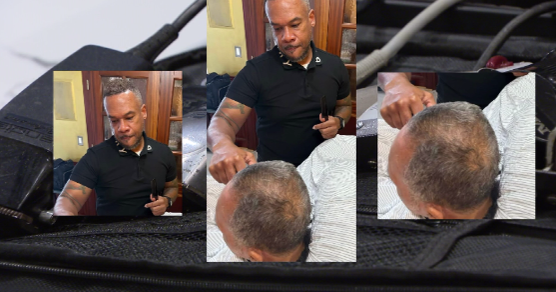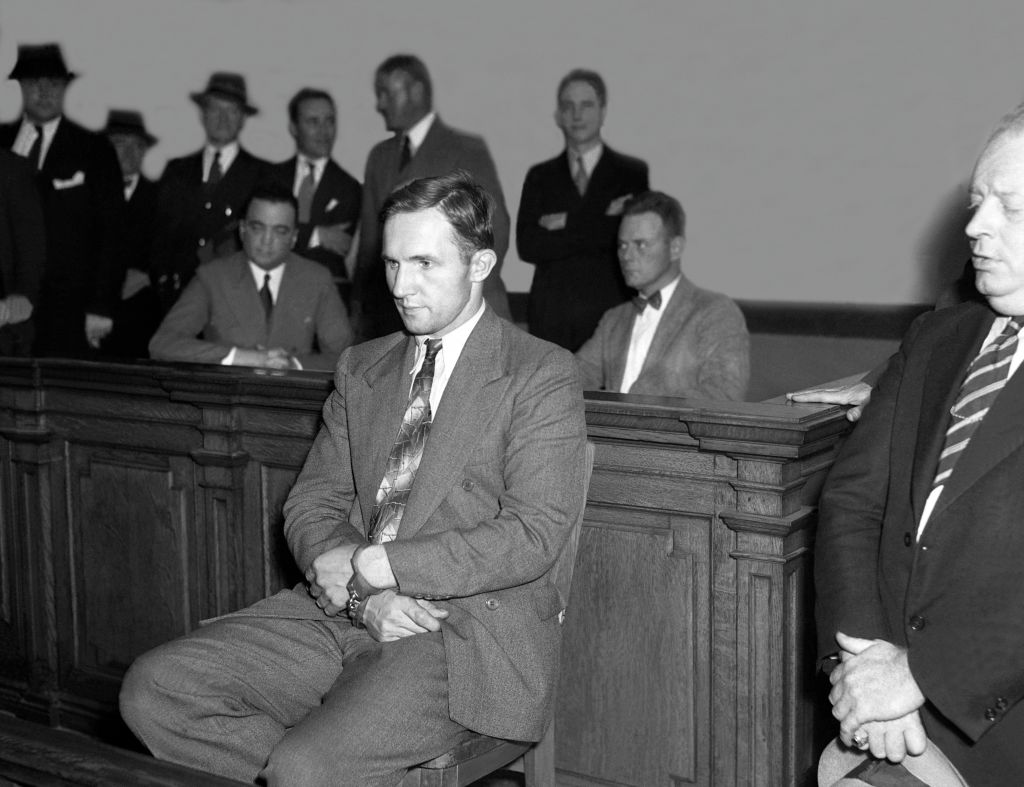Scientists use Beethoven's hair to study his DNA and uncover his health issues
Five locks of Ludwig van Beethoven's hair have been used to help uncover information about the German composer's health. Beethoven, who died in 1827, notably had several health problems and wanted his favorite physician, Dr. Johann Adam Schmidt, to give the public information on the disorder that caused his hearing loss.
Schmidt ended up dying 18 years before Beethoven. But nearly two centuries later, researchers were able to study the composer's health, and published their peer-reviewed study in Current Biology.
Scientists were able to obtain eight locks that were believed to be the musician's hair through "private collections," and through DNA analysis, they determined five of the locks belonged to a single European male that they say was Beethoven.
They then attempted a genomic analysis to determine what caused the health issues that plagued his life and career – including a hearing loss and gastrointestinal problems.
They were unable to exactly pinpoint the causes of those issues, but during their research, they found he had a hepatitis B infection that started at least three months before his death. The researchers say the hepatitis infection, genetics and alcohol consumption contributed to the severe liver disease, which lead to his death.
They also made another unexpected discovery – Beethoven's Y chromosome, the chromosome that determines the sex of a male human, didn't match his living relatives.
Beethoven has five relatives that have the same last name, meaning they come from his father's side. Finding the disparity in the Y chromosome means there was an extrapair paternity event. That means someone had a baby with someone other than their partner.
Beethoven, known for composing symphonies like "Für Elise," started experiencing hearing loss in his 20s and went complete deaf by 1818. He believed he was "hopelessly afflicted" by the hearing loss and said he would have committed suicide because of it, but didn't want to die "before I had produced all the works that I felt the urge to compose."
Over the years, medical biographers have guessed that Beethoven's hearing loss was from an inherited condition.
While the researchers could not definitively determine what caused his hearing issues, they believe several health issues could have been the culprit: otosclerosis, a condition that causes hearing loss in adults; Paget's disease of bone, during which the body does not replace old bone tissue; or complications from Crohn disease or ulcerative colitis, both of which cause digestion issues.
The researches said more analysis could help determine when he got the hepatitis B infection and could uncover answers about his family tree.



